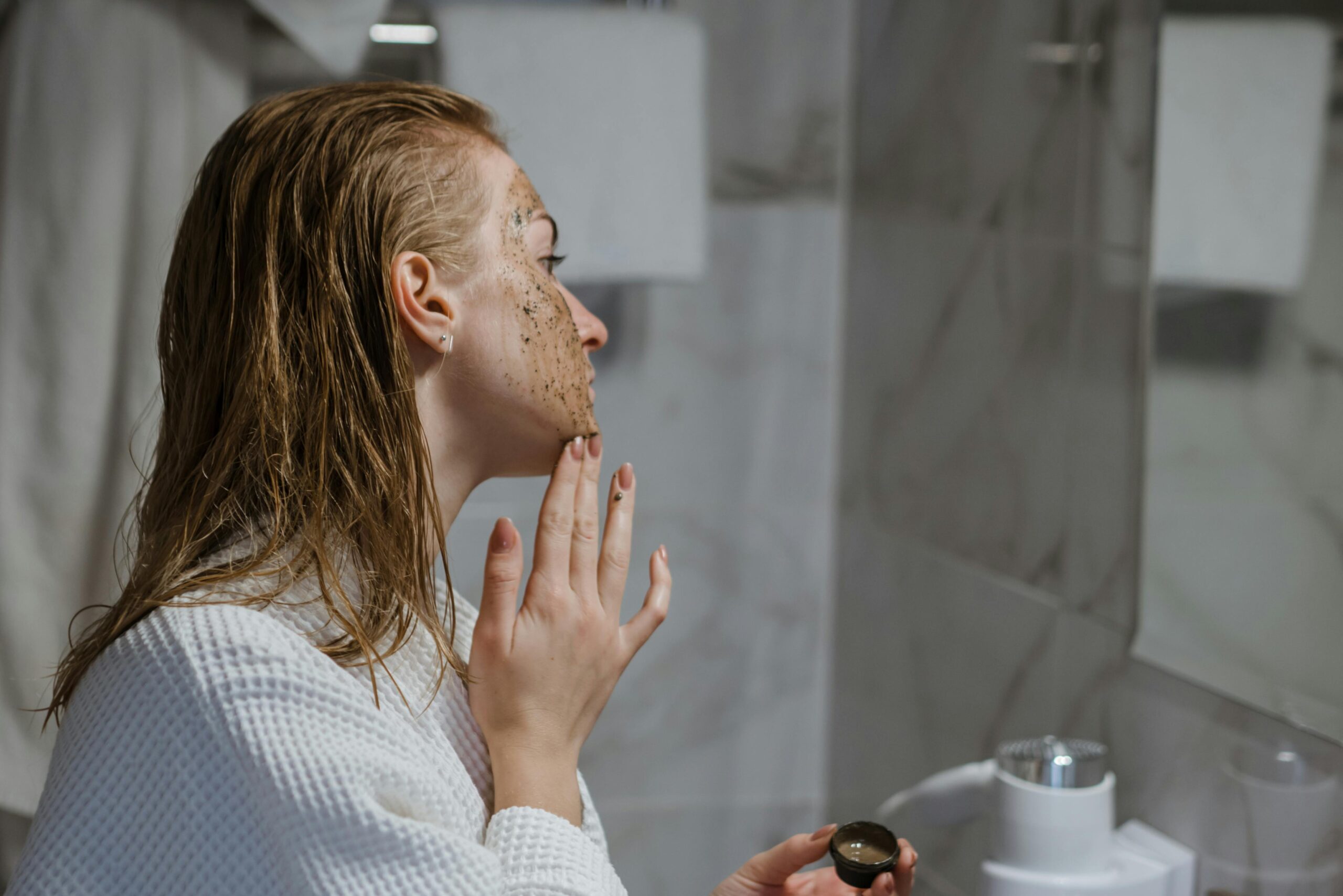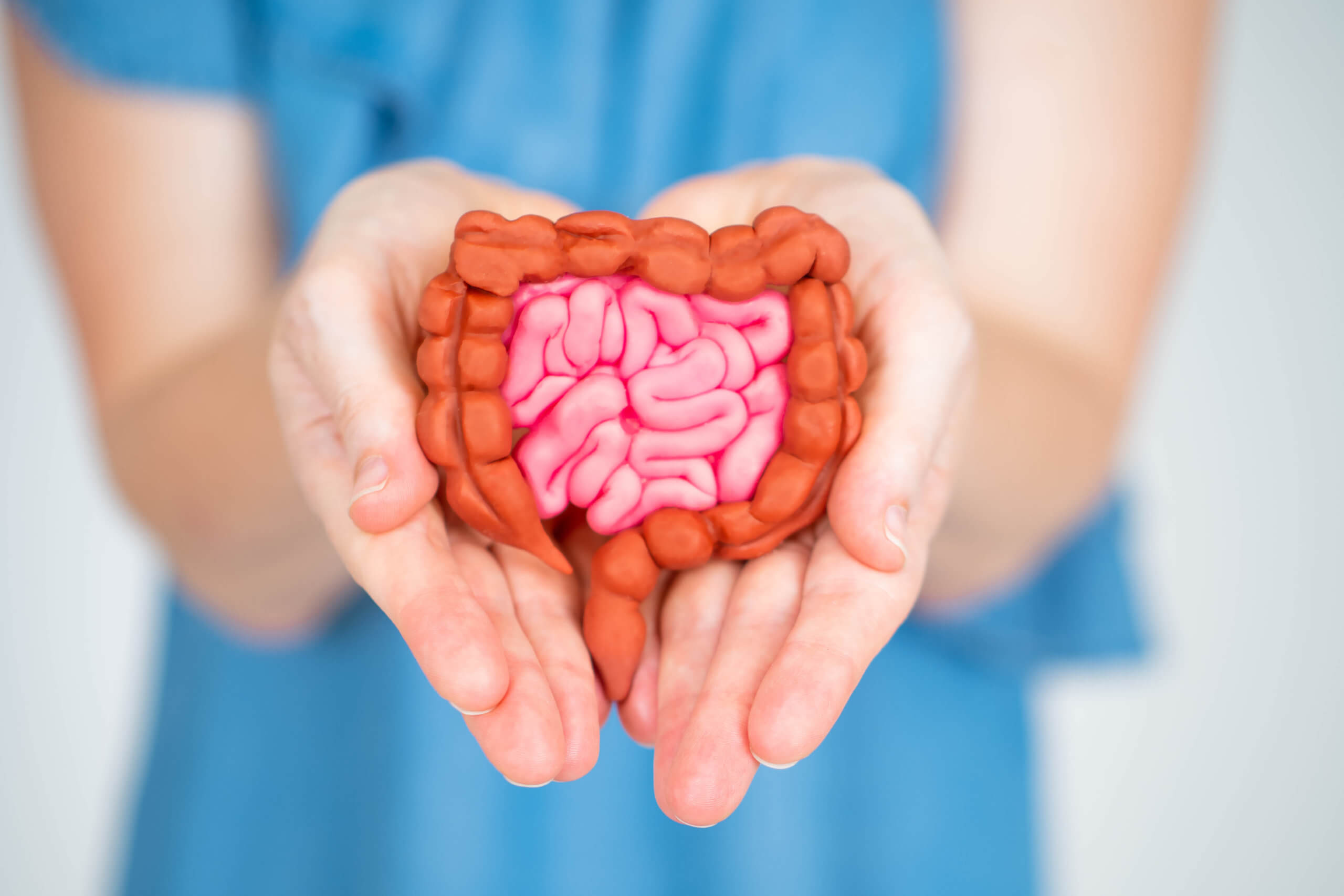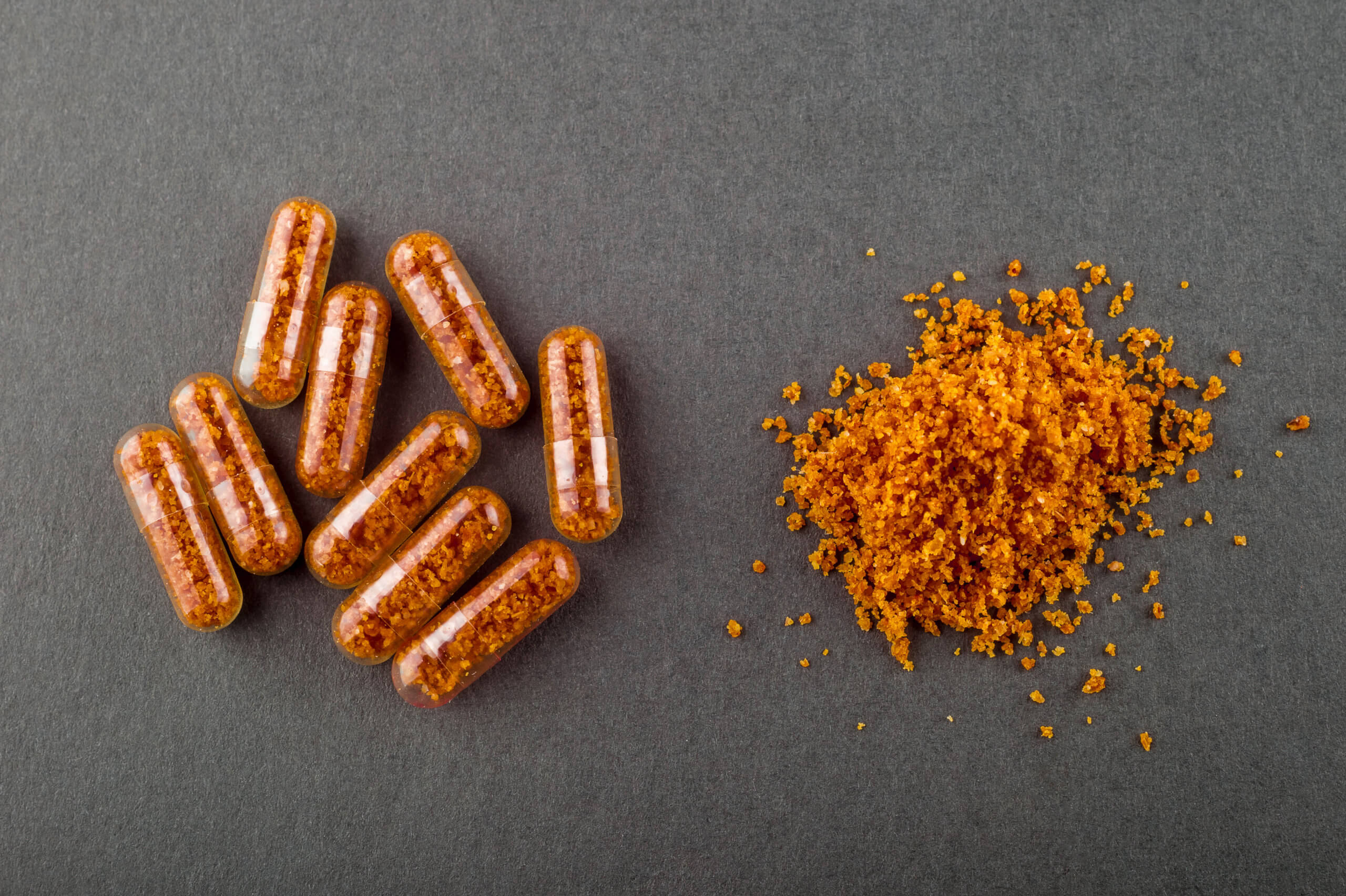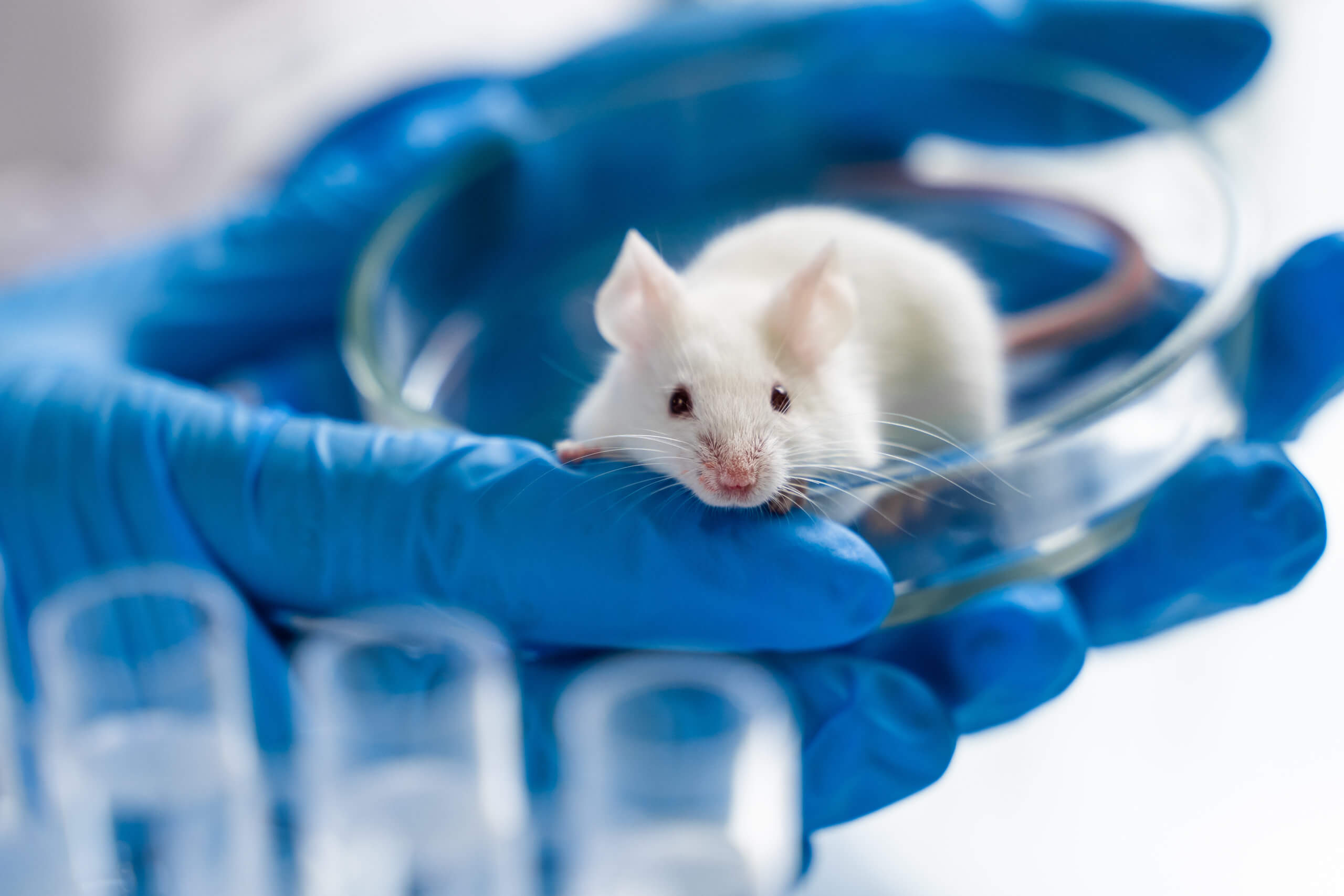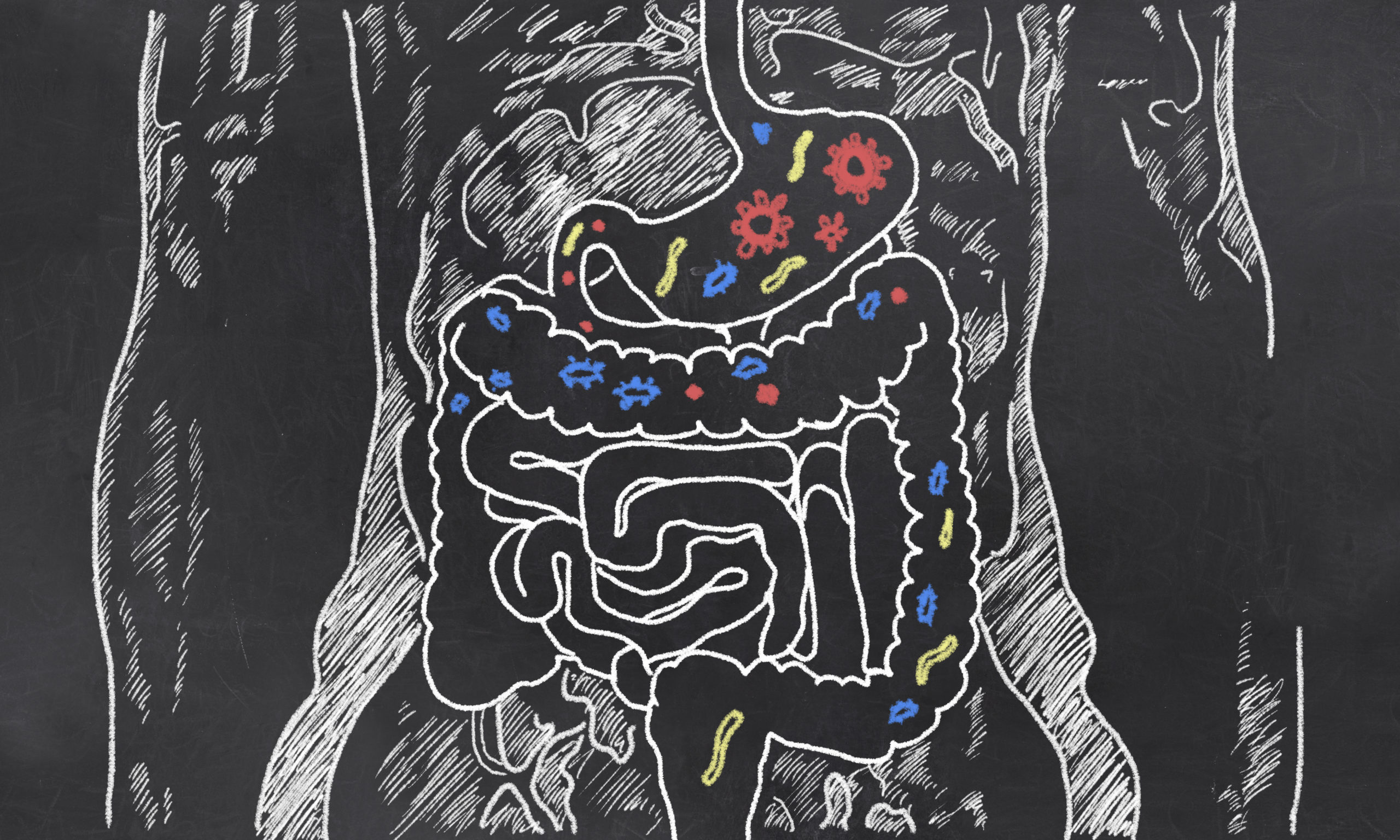Your Gut Might Not Be to Blame for Aging Bones, Study Reveals
For years, we’ve been told our gut—that bustling community of trillions of microbes living inside us—is central to everything from our mood to our metabolism. Recent research even hinted at its significant role in bone health, suggesting that a happy gut might mean stronger bones. But what if one of the biggest ideas about how … Read more

